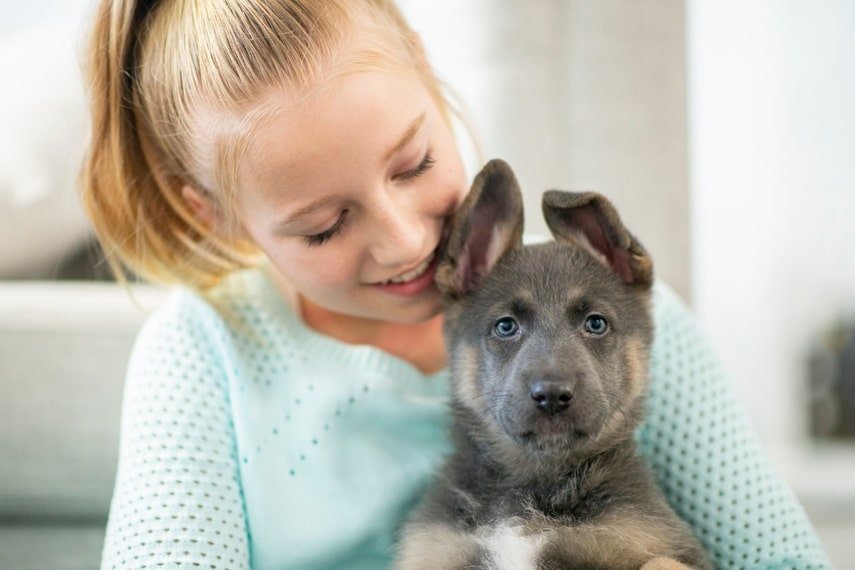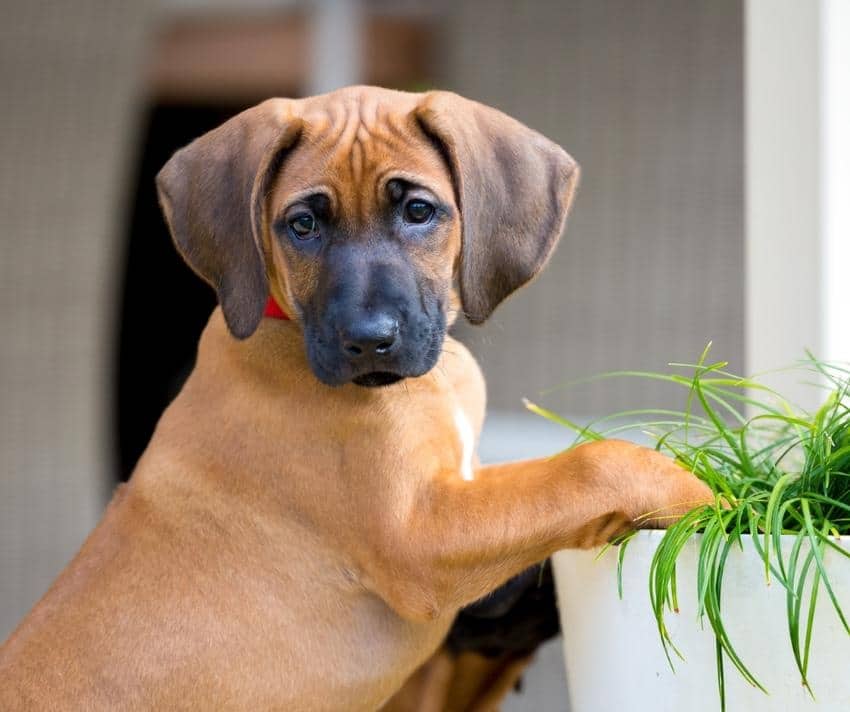Taking care of a Rhodesian Ridgeback puppy involves a committed and knowledgeable strategy to promote…

Understanding Your Puppy’s Needs
Understanding your puppy’s basic needs is not only a crucial part of responsible pet ownership but also a way to ensure the health and happiness of your furry friend. This requires a good grasp of what these needs are and how to meet them.
Puppies, just like any other pet, have certain basic needs that must be met for them to thrive. These needs are both physiological and psychological in nature, and understanding them is critical for anyone who wishes to be a responsible pet owner. Failure to meet these needs could result in a variety of health problems, behavioral issues, and a general unhappiness in your pup.
Understanding your puppy’s basic needs and knowing how to meet them is not just about being a responsible pet owner. It’s about ensuring that your pet has the best possible life, filled with health and happiness. This requires a good understanding of what these needs are, which can be gained through research, consulting with vets, and observing your puppy’s behavior. Your puppy depends on you for their well-being, so it’s important to take this responsibility seriously.
Your puppy’s most basic needs are food, water, and companionship. While these are by no means the only needs a puppy has, they are absolute essentials, making the difference between a thriving puppy and one which does very poorly. Let’s look at each requirement in-depth.
 1. Puppy Nutrition Needs
1. Puppy Nutrition Needs
All puppies require a balanced diet to grow into healthy adults. They need a specific mix of proteins, fats, carbohydrates, vitamins, and minerals to support their development. Puppies also eat more frequently than adult dogs, typically requiring four meals a day. It’s important to consult with a vet to ensure you’re feeding your puppy the right type and amount of food. Overfeeding or underfeeding can lead to health complications such as obesity or malnutrition.
Along with the right balance of nutrients given in the right amounts at the right intervals, your puppy needs constant access to fresh, clean water. Puppies can get dehydrated quickly, especially when they’re active or when it’s hot. Always ensure that your puppy’s water bowl is filled and clean. It’s also advisable to monitor your puppy to ensure they’re drinking enough and not too much, as both scenarios can lead to health issues.
Puppy Companionship Needs
Companionship is a significant need for puppies. They are social animals and thrive on interaction with their owners and other animals. Spending time with your puppy, playing with them, and training them not only makes them happy but also helps to establish a bond and a sense of trust between you and your pet. Isolation or lack of interaction can lead to behavioral issues like anxiety, aggression, or destructive behavior. Therefore, ensure you dedicate time each day to interact and play with your puppy.
Puppies form strong bonds with their owners and other family members, and these relationships play a significant role in their mental and emotional wellbeing. Regular physical contact, such as petting and cuddling, can help to build this bond. Positive reinforcement, like praise and rewards, can also make a puppy feel loved and cherished. It’s important to remember that while training and discipline are necessary, they should always be done in a loving, patient, and consistent manner to avoid causing fear or confusion. Understanding and meeting these needs will ensure your puppy grows into a happy, healthy, and well-adjusted dog.


